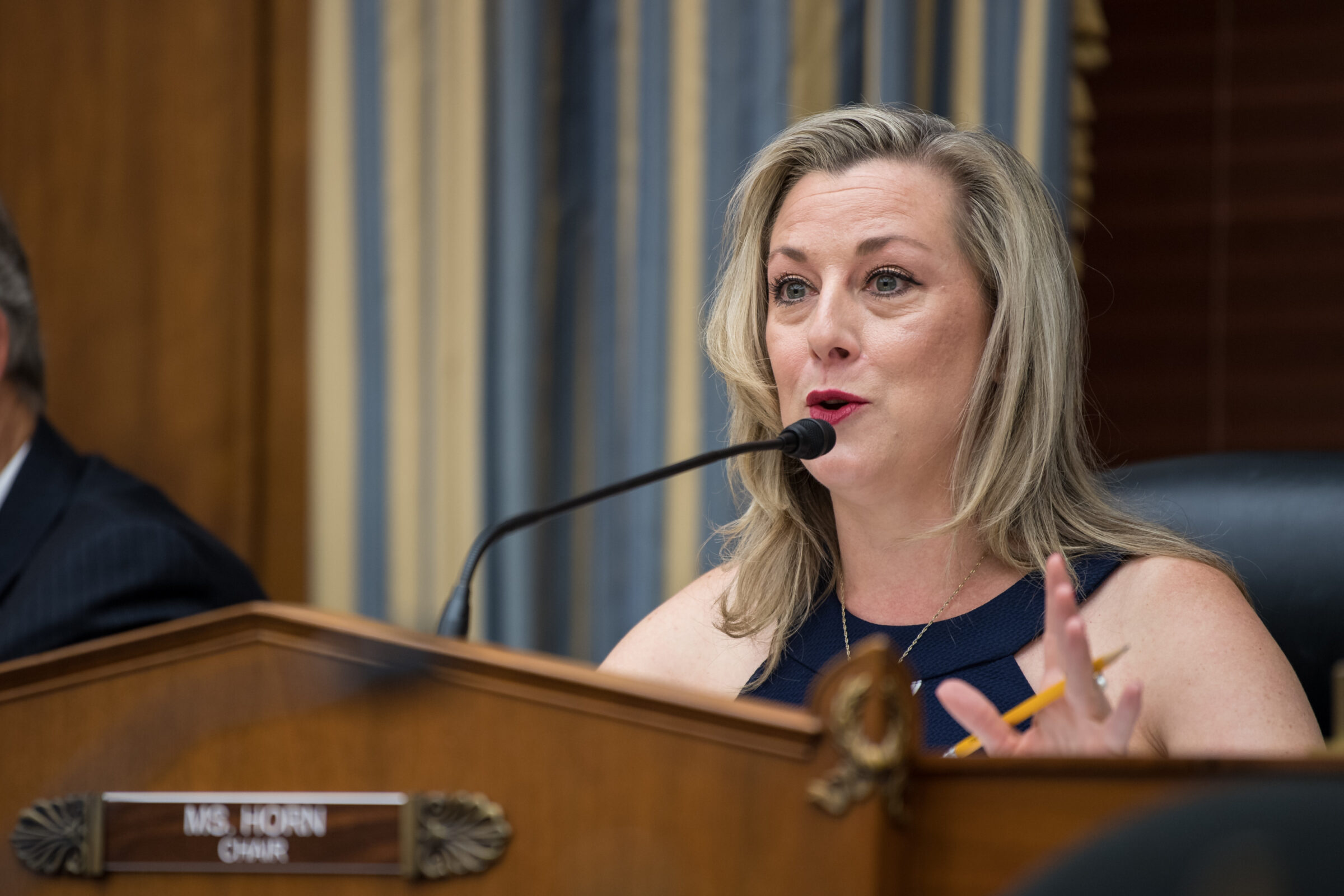Casey Dreier • Nov 12, 2020
What's the post-election outlook for NASA and planetary exploration?
As the dust settles in the aftermath of the U.S.'s 2020 election season, we can now consider some broad implications for NASA's overall direction and, in particular, consequences for The Planetary Society's 3 main areas of interest: planetary exploration, the search for life, and planetary defense.
Congress
Political power in Congress comes from committees, and committees are controlled by the party with the most seats in either chamber. The House of Representatives will remain under Democratic control in the next congress, albeit with a reduced numerical advantage. Control of the Senate will be determined by the upcoming Georgia run-off elections, which, if Democrats can win both open seats, would result in a razor-thin 50-50(+1) Democratic advantage, with the future Vice-President Kamala Harris acting as the tie-breaker vote. If that occurs, Democrats will assume leadership of the relevant oversight and appropriations committees for NASA, if not, it is likely that the existing leadership—Sen. Ted Cruz (R-TX) as Chair of the Aviation and Space subcommittee and Sen. Richard Shelby (R-AL) charing the appropriations committee—would remain the same.

Of the members of Congress serving in NASA-related congressional
committees, 2 lost their bids for re-election: Rep. Kendra Horn (D-OK),
who chaired the House's Space Subcommittee, and Sen. Cory Gardner
(R-CO), who served on the Senate's Aviation and Space Subcommittee. 6
additional members on the relevant appropriations and oversight
committees retired, and it is unknown whether their replacements will
elect to participate in the same space-related committees or vie for
other areas of oversight and expertise. Committee placement depends on a
number of factors, including seniority, and many of the incoming
members will not initially be placed on powerful committees such as
appropriations.
| House of Representatives | ||
| Rep. Kendra Horn (D-OK-05) | Chair, Space Subcommittee | Defeated by Stephanie Bice (R) |
| Rep. Nita Lowey (D-NY-17) | Chair, Appropriations Committee | Retired |
| Rep. Jose Serrano (D-NY-15) | Chair, CJS Appropriations Subcommittee | Retired |
| Rep. Martha Roby (R-AL-02) | CJS Appropriations Subcommittee | Retired |
| Rep. Tom Graves (R-GA-14) | CJS Appropriations Subcommittee | Retired |
| Senate | ||
| Sen. Tom Udall (D-NV) | Aviation and Space Subcommittee | Retired |
| Sen. Cory Gardner (R-CO) | Aviation and Space Subcommittee | Defeated by John Hickenlooper (D) |
| Sen. Lamar Alexander (R-TN) | CJS Appropriations Subcommittee | Retired |
New committee assignments won't be known until the start of the next congress in January 2021, so the most important positions in the House leadership, including the control of the all-important Commerce, Justice, and Science subcommittee which funds NASA, will remain uncertain until that point.

White House
President-elect Joe Biden's space policy (or lack thereof) has been considered in a number of outlets, including a recent episode of our podcast, the Space Policy Edition. Broadly, however, we can make some informed guesses:
- The 2024 lunar landing goal will be pushed back and potentially reconsidered all together
- NASA's Earth Science division will be the priority science division at the space agency, and likely see its budget begin to grow again
- Major programs, such as the SLS, Orion, Commercial Crew, and the ISS, will continue
- Moon-to-Mars will remain the nation's human spaceflight goals, though likely via a revised pathway
The recently-announced NASA transition team for the incoming administration, led by Dr. Ellen Stofan, who previously served as NASA's Chief Scientist, adds more evidence that the administration will consider NASA through a scientific lens.
We should not discount how much is left unknown, however. The transition team's job is to provide insight into the state of the space agency, identifying troubled programs and areas of opportunity for the new administration. They will not set policy. The next NASA Administrator—not Jim Bridenstine, who announced his intention to step down under a Biden administration—is yet to be put forward, much less approved by the Senate.
Also an open question is the fate of the National Space Council, which has been historically productive under the Trump Administration thanks to the enthusiastic engagement of Vice-President Pence, who serves as chair. So far, the incoming administration has given no indication as to whether it will continue the council.
Implications for The Planetary Society's 3 core enterprises
NASA has experienced annual budgetary growth since 2014, allowing the agency to avoid making hard choices about which programs to preserve and which programs to end. That era is most likely over beginning in 2021, or at least will become far more challenging.
In the event that Republicans retain control of the Senate, there will be a renewed push for fiscal restraint and domestic spending cuts, particularly after the government's enormous expenditures this year in response to the coronavirus pandemic. And while no one in the Biden administration or the next congress is against planetary exploration, the search for life, or planetary defense, few have made those a high priority, politically-speaking. This is not unusual. But it becomes salient in the context of restricted budgets.
NASA's budget tends to follow overall trends. If overall spending continues to increase, NASA generally increases as well. If the overall budgetary pie shrinks, so does NASA's slice. If this occurs, the Biden administration will likely prioritize areas of NASA that intersect with its national policy goals: climate change, the economy, and education. The challenge is on advocates to ensure that planetary exploration, the search for life, and planetary defense is strongly considered in light of these priorities. We believe the case for these is quite strong, and it's a case The Planetary Society intends to make in the coming months.
Support our core enterprises
Your support powers our mission to explore worlds, find life, and defend Earth. You make all the difference when you make a gift. Give today!
Donate

 Explore Worlds
Explore Worlds Find Life
Find Life Defend Earth
Defend Earth

